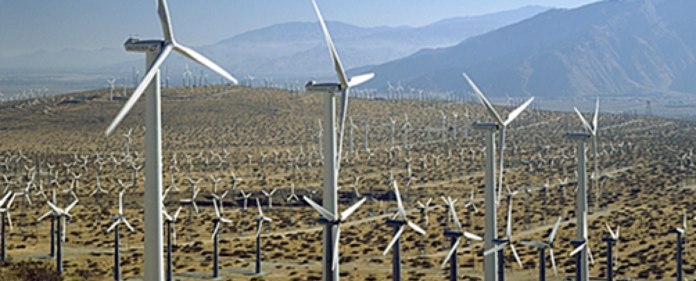Google has dropped plans to buy a 12.5 percent stake in the Lake Turkana Wind Power (LTWP). The acquisition of the stake would have seen Google mark its entry in renewable energy in Kenya. The project which was commissioned last July is Africa’s largest wind farm. The project cost a total of €623 million (Ksh. 70.3 billion, $703 million), with debt investors providing 70 percent of the amount or €436 million (Ksh. 49.2 billion, $492 million).
Maggie Ireri: What I learnt after taking a loan to buy a house in my 30s
According to Denmark based firm, Vestas, Google ended the quest to buy the stake in LTWP after delays in the 310 megawatt (MW) Lake Turkana wind farm that was initially set for completion in 2017. Apparently, Google had pledged that upon completion, it would acquire a stake from Vestas.
“Due to delays relating primarily to the transmission line, the Vestas agreement with Google was cancelled in 2019. As Vestas’ strategy doesn’t include being a long-term wind park owner, we’re currently in commercial dialogues with potential buyers of our shares,” said Vestas.
See why Kenya abandoned this KQ plane in Ethiopia
According to a report that appeared in the Business Daily this week, the project was ready for launch in 2017, but remained idle due to delays in installing transmission lines needed to get the clean power to the national grid and customers. “The 428 km power line from Loiyangalani in northern Kenya to Suswa in Narok County was set to be completed by October 2016, but demands for compensation from landowners along the route and other issues delayed it. The line was further delayed after a Spanish firm contracted to build the line went under. Kenya then tapped a Chinese company to complete it. The Lake Turkana wind farm is expected to provide 15 percent of Kenya’s total electricity needs,” says the report.
The report further says that the Lake Turkana Wind Power project has been credited with boosting Kenya’s electricity supply while reducing reliance on the more expensive diesel-powered plants that harm the environment through pollution.








